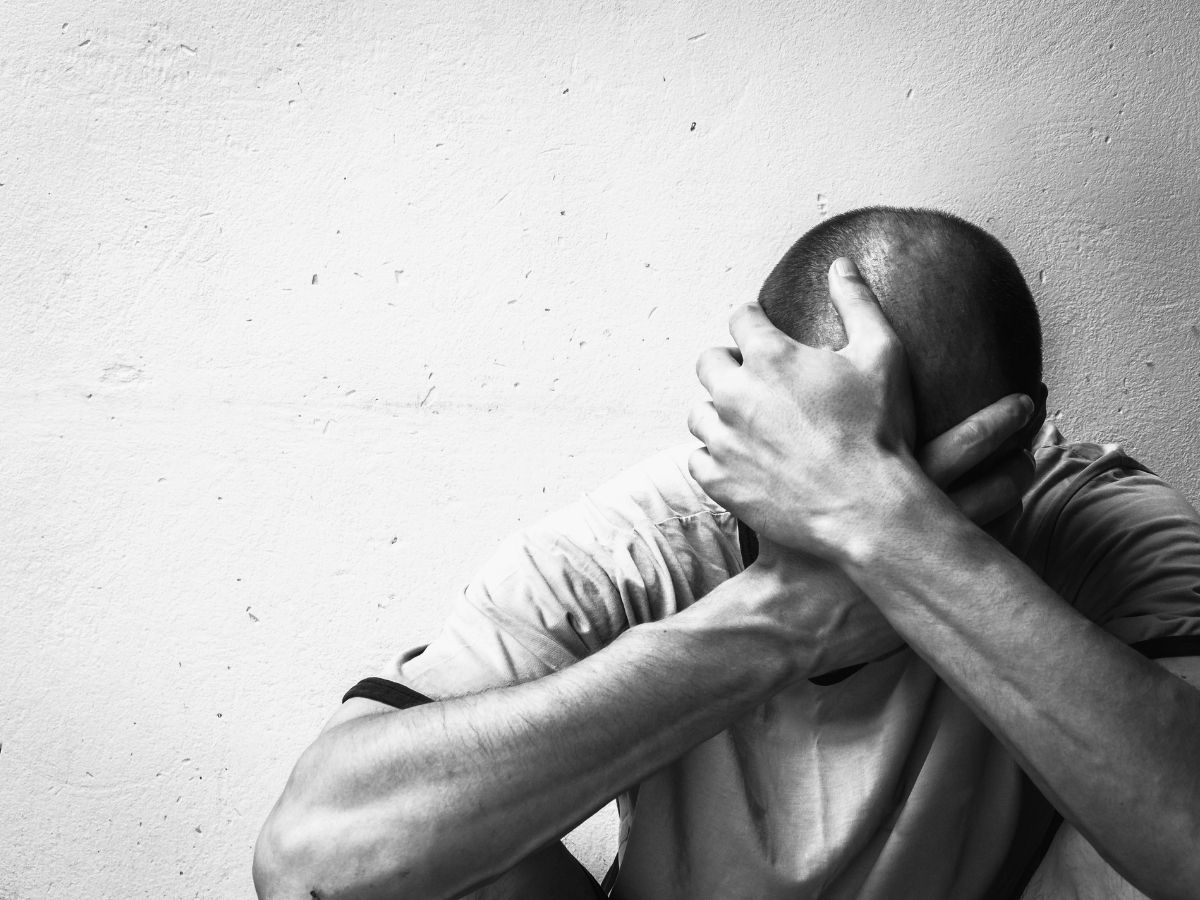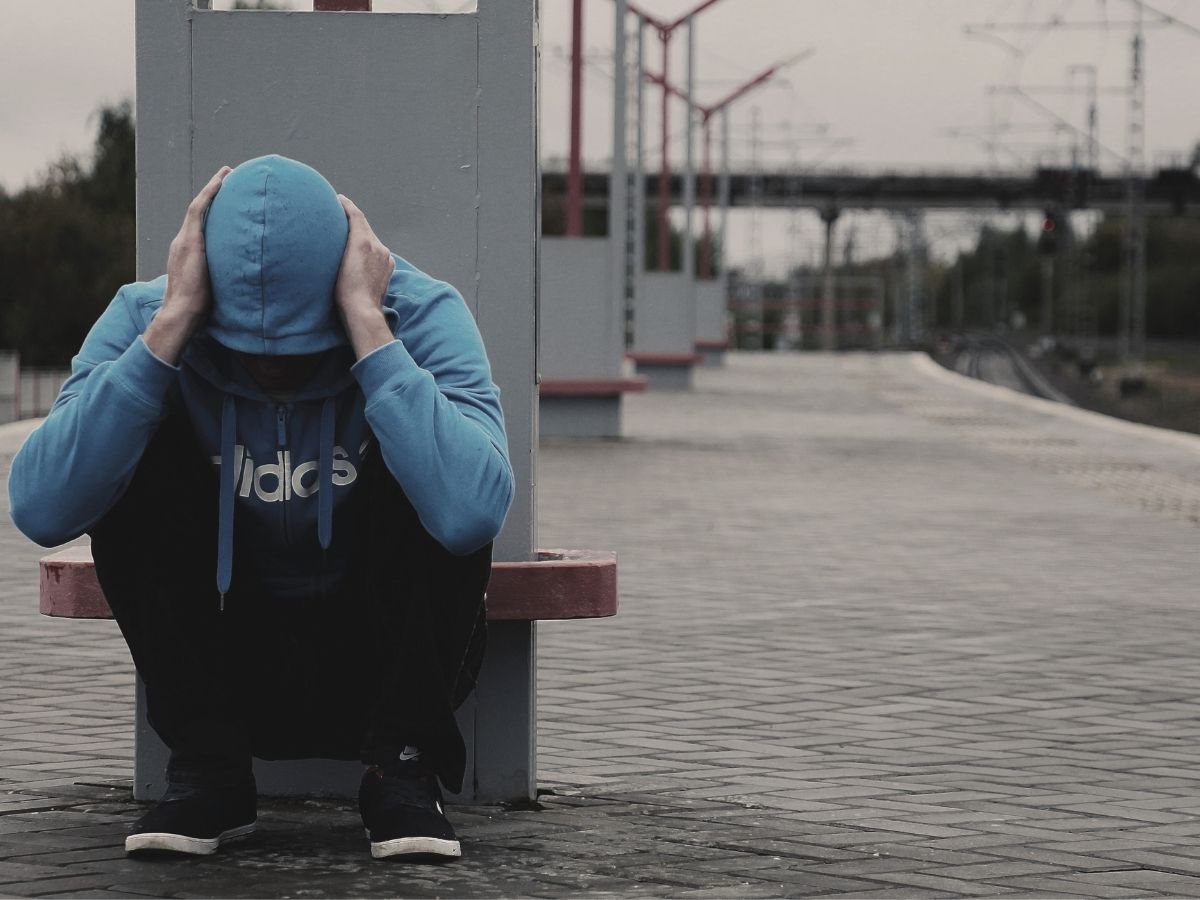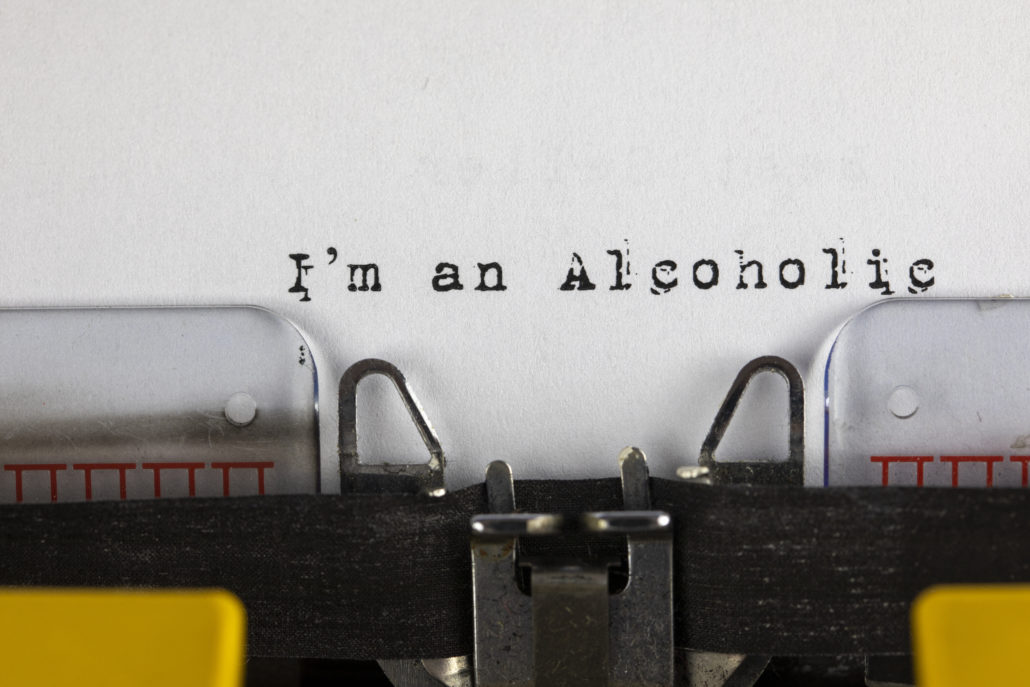What Is Oxycodone?
Oxycodone is a DEA Schedule II controlled substance. Substances in the DEA Schedule II have a high potential for abuse which may lead to severe psychological or physical dependence. [1] The Centers for Disease Control has declared opioid abuse to be an epidemic. Overdose deaths are largely assumed to be the result of excessive opioid consumption. In many of these cases, however, opioid abusers are often polydrug abusers. Benzodiazepines are one of the most commonly co-abused substances and pose a significant risk to opioid users. Is oxycodone addictive? In 2016, the FDA required boxed warnings – the FDA’s strongest warning – for prescription opioid analgesics and benzodiazepines about the serious risks associated with using these medications at the same time.
What Is Oxycodone Used For?
Oxycodone is used to relieve moderate to severe pain. Oxycodone extended-release tablets and extended-release capsules are used to relieve severe pain in people who are expected to need pain medication around the clock for a long time and who cannot be treated with other medications. Oxycodone extended-release tablets and extended-release capsules should not be used to treat pain that can be controlled by medication that is taken as needed.
Oxycodone extended-release tablets, extended-release capsules, and concentrated solutions should only be used to treat people who are tolerant (used to the effects of the medication) to opioid medications because they have taken this type of medication for at least one week. Oxycodone is in a class of medications called opiate (narcotic) analgesics. It works by changing the way the brain and nervous system respond to pain.

Oxycodone Addiction
Is oxycodone addictive and what are the health risks? If you take recreational drugs, such as cannabis, cocaine, and heroin, while you’re taking oxycodone, you’re more likely to get the serious side effects of oxycodone including breathing difficulties, muscle stiffness, low blood pressure, and seizures or fits.
National Opioid Overdose Epidemic
- Drug overdose is the leading cause of accidental death in the US, with 52,404 lethal drug overdoses in 2015. Opioid addiction is driving this epidemic, with 20,101 overdose deaths related to prescription pain relievers, and 12,990 overdose deaths related to heroin in 2015.
- From 1999 to 2008, overdose death rates, sales and substance use disorder treatment
admissions related to prescription pain relievers increased in parallel. The overdose death
rate in 2008 was nearly four times the 1999 rate; sales of prescription pain relievers in 2010 were four times those in 1999, and the substance use disorder treatment admission rate in 2009 was six times the 1999 rate. - In 2012, 259 million prescriptions were written for opioids, which is more than enough to
give every American adult their own bottle of pills. - Four in five new heroin users started out misusing prescription painkillers.
- 94% of respondents in a 2014 survey of people in treatment for opioid addiction said they
chose to use heroin because prescription opioids were “far more expensive and harder to
obtain.” [2]
Some recreational drugs, such as cannabis, will also increase oxycodone side effects and make you feel sleepy and dizzy. Taking heroin while you’re taking prescribed oxycodone is especially dangerous. Is oxycodone addictive? Yes, it is. You’re more likely to get all the side effects of oxycodone, including drug addiction.
Is Oxycodone Addictive?
It takes a couple of weeks to become physically dependent on an opioid such as oxycodone, but that varies by individual. If you take an opioid for a day or two, it should not be a problem and, generally, you will not become addicted. However, some studies show even the first dose of an opioid can have physiological effects.

For some time in this country, we believed patients weren’t at risk of addiction. No one knows for sure the percentage of those who are at risk. What we do know now through an annual survey of drug use in the U.S., when people were asked if they had used heroin, researchers found that 50% of those who had also had a longtime history of opioid use and 50% of those who went on to have problematic heroin use.
We also know that the duration of opioid use can lead to physical dependence. If you’re taking an opioid regularly for a period of time there’s a chance that you’ll become physically dependent, and that’s a risk factor for continued opioid use.
How Long Does It Take To Get Addicted To Oxycodone?
Is oxycodone addictive and when it occurs? Psychological addiction to opioids can develop within just a few days of misusing them. Physical addiction can take a little longer, but again, this varies depending on a number of factors. Regardless of how long it takes to become addicted to opioids, in the end, you will still need help from professionals if you want to break free from addiction.
Oxycodone Addiction Symptoms
Is oxycodone addictive and what are the common signs? If you’re addicted to oxycodone, you may find it difficult to stop taking it or feel you need to take it more often than necessary. If you stop taking it suddenly you may suffer from withdrawal symptoms. These include:
- Feeling agitated, anxious, or nervous
- Panic attacks
- Difficulty sleeping
- Shaking
- Pins and needles
- Ringing in the ears
- Sweating
Talk to a doctor if you’re worried and asking “is oxycodone addictive?” or if you want to know more about how to prevent withdrawal symptoms.
Signs Of Addiction To Oxycodone
Oxycodone abuse can be hard to recognize if you don’t know what to look for. Since many who abuse oxycodone simply swallow a pill without the use of any paraphernalia, it’s easy for someone to conceal their abuse. Knowing the signs of oxycodone abuse can help you take notice when someone you love is slipping into addiction. Some common signs of oxycodone use include:
- Dilated pupils
- Apathy
- Drowsiness
- Short attention span
- Sense of calmness
- Sedation
Oxycodone Addiction Treatment & Inpatient Drug Rehab Texas
Someone struggling with oxycodone abuse and mental illness must treat both conditions. For the treatment to be effective, you need to stop using alcohol or drugs. Treatments may include behavioral therapies and medications. Also, support groups can give you emotional and social support. They are also a place where people can share tips about how to deal with day-to-day challenges.
A good dual diagnosis drug treatment program and drug addiction therapy facility need to be able to treat both conditions without treating one as the sole cause of the other. Addiction is a complicated disease and no one thing is to blame for it. There are various options available to handle drug addiction therapy.
A good drug treatment program will offer several levels of therapy as well as multiple treatment options. This allows the rehabilitation facility to meet the individual needs of its patients.

What is oxycodone detox? Most programs begin with a detox process to remove the opioids and physical dependence on any substances then a residency program. This type of program can last as long as two months and is designed to provide intensive focused therapy in a controlled environment to help you get over the first hurdle and give you the tools necessary to face the cravings and temptations of everyday life.
During the inpatient treatment process, dual diagnosis cases are identified and treatment begins. The next step is an intensive outpatient drug treatment program that provides drug addiction therapy by meeting at the site several times a week for intensive therapy that can help you deal with what occurs in daily life. Finally, a standard outpatient therapy program provides the continued support necessary to maintain a sober condition.
How We Can Help? Searched for “Texas inpatient consultants or drug and alcohol treatment centers in Houston TX?” or are you seeking a national inpatient rehab destination?
Receive treatment for co-occurring disorders today.
As the addiction treatment community begins to realize that addiction is itself a mental disorder, the relationship between substance abuse and mental disorders becomes more complicated. The greater treatment community largely lacks a proper understanding of dually diagnosed conditions, so these conditions are still treated separately, or worse–not treated or diagnosed at all. The dual diagnosis treatment centers in We Level Up Florida, California, Texas, and New Jersey are some of the facilities that have professionals trained to help treat co-occurring disorders concurrently. This type of tandem treatment provides some of the best success rates.
What is oxycodone? Is oxycodone addictive? Oxycodone is a powerful drug and offers much-needed relief to many people struggling with painful or terminal conditions; as such, it can be hard to stay in control. Get dual diagnosis treatment for individuals struggling with drug abuse. Call us today!
Sources:
[1] Oxycodone – National Center for Biotechnology Information
[2] Opioid Addiction – https://www.asam.org/docs/default-source/advocacy/opioid-addiction-disease-facts-figures.pdf




